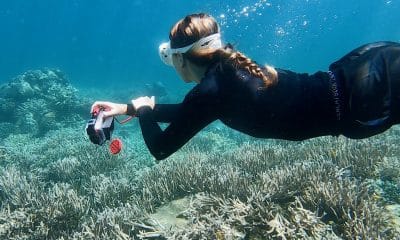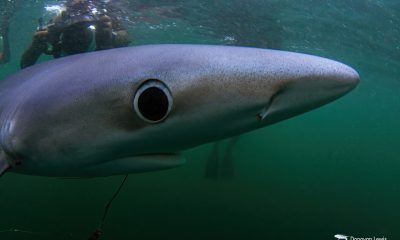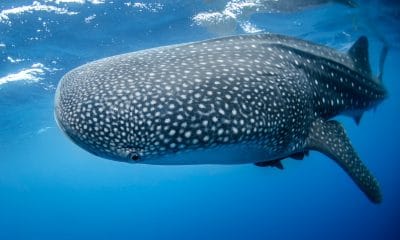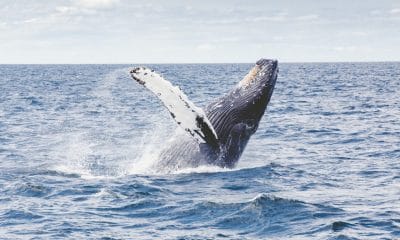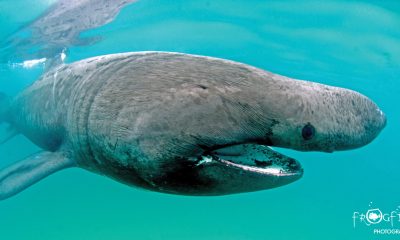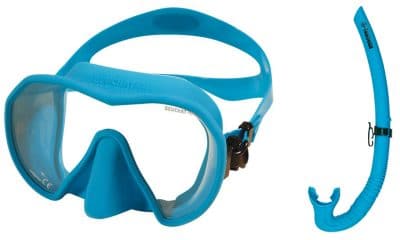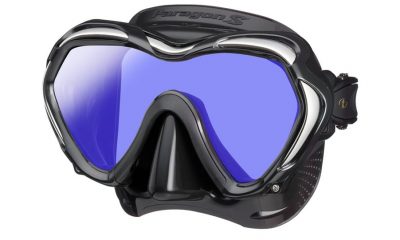News
LAMAVE reports increased injuries on endangered whale sharks in Oslob
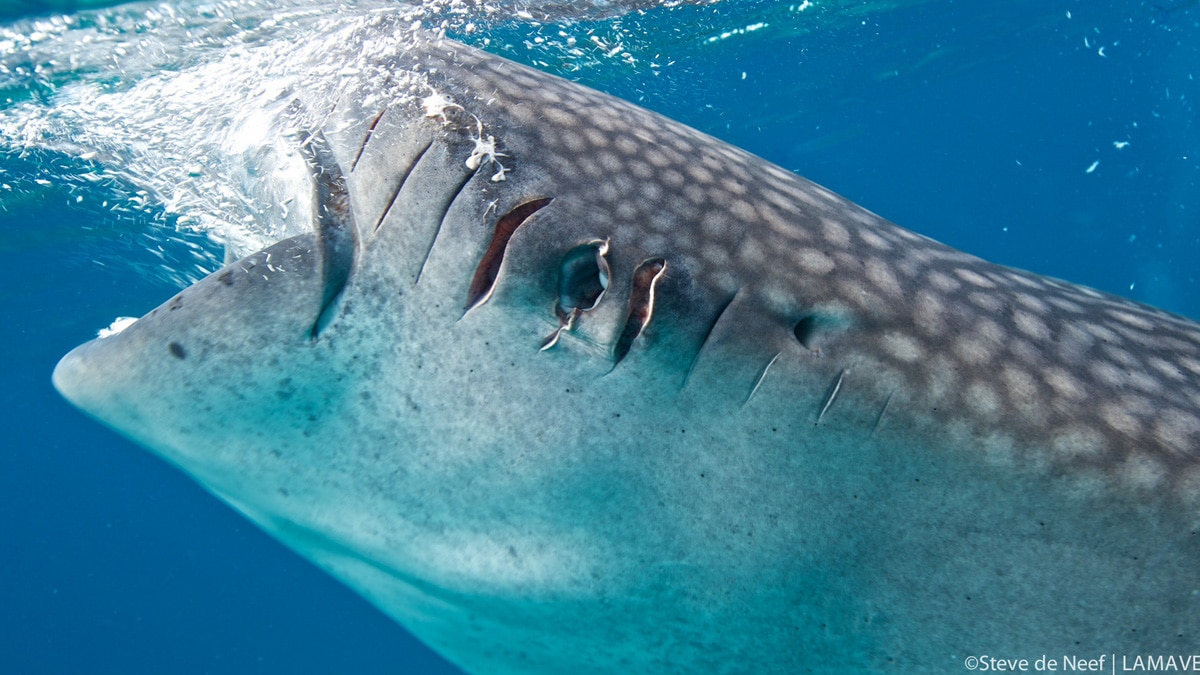
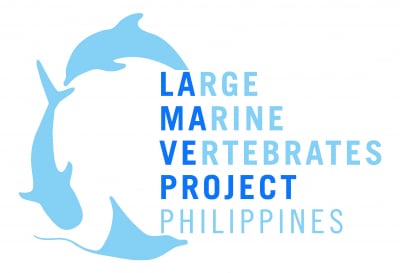 A new study published by LAMAVE in the journal Aquatic Conservation, Marine and Freshwater Ecosystems presents the results of some of the work conducted since 2012 to assess the impacts of tourism activities on individual whale sharks in Oslob, Cebu.
A new study published by LAMAVE in the journal Aquatic Conservation, Marine and Freshwater Ecosystems presents the results of some of the work conducted since 2012 to assess the impacts of tourism activities on individual whale sharks in Oslob, Cebu.
The study found that individual whale sharks observed in barangay Tan-Awan, where the butanding are hand-fed daily to enable the tourism interactions, show a significantly higher number of injury, and scars than whale sharks in other non-provisioned (non-fed) tourism sites in Australia, Mozambique and the Seychelles. The study highlights the increased risk for these sharks that regularly visit the provisioning site in Oslob, and underline the urgent need to implement proper management interventions to guarantee the tourism activities do not harm these endangered animals.
The study presents results from photographic images of 152 individual whale sharks collected by the researchers from Large Marine Vertebrates Research Institute Philippines over a period of 34 months (March 2012 – January 2015) in Oslob, Cebu. The team used photo-identification (photo-ID) to monitor individual whale sharks’ presence and movement and gathered data on the presence, size, type and location of scars on the whole body of these gigantic animals as well as the accumulation of these scars over time. These scarring patterns of whale sharks in Oslob were compared with quantitative studies from Ningaloo in Australia, the Seychelles and Mozambique, other known global aggregations where feeding the whale shark is prohibited and enforced.
The study found that whale sharks in Oslob were significantly more scarred than any other studied population: 95% of all whale sharks in Oslob had scars on their body, with abrasion being the most common type of scar. Most of the scars were categorised as nicks and abrasions and were most likely due to the close contact of ropes, small boats at the provisioning site. Lacerations, which fall into the major category, were observed on 28% of individuals, which is significantly higher than in Ningaloo and Mozambique. These were caused by boat propellers of different sizes and could be facilitated both from the habituation to boats caused by the practice of hand-feeding the whale sharks, as well as the increased traffic of motorized vessels in the surroundings of the provisioning area.
Whale sharks that were observed more frequently in the interaction area showed a significantly higher rate of scarring compared to individual sharks that were seen less frequently in the area; these regular visitors to Oslob accumulated scars over the observation period and suggest a direct causal link between the exposure to the tourism activities in Barangay Tan-Awan and scarring rates. Scars and wounds, even when non-lethal, may pose a serious risk to these endangered species, increasing the physiological stress of the animals, facilitating the contraction of diseases carried by pathogens like virus and bacteria and decreasing overall the health of the affected individuals.

Scars on the head and mouth of a whale shark in Oslob, Cebu at different stages of inflammation and tissue reaction. These scars are caused by continuous contact and rubbing against hard surfaces like outriggers and boat hulls, and are similar to what observed in whale shark kept in captivity in aquaria. Credit: ©LAMAVE
“This study presents evidence of the negative physical impacts of the tourism activity on the whale sharks in Oslob. I have seen myself the wounds on these endangered and enigmatic animals; injuries which highlight the need for an urgent change in Oslob.” – Lead author Luke Penketh
Management solutions to reduce the physical impact of tourism on whale sharks
The high incidence of injuries in the whale sharks provisioned in Oslob is a national concern and there is an urgent need to improve management practices to protect this endangered species. The whale shark is protected by Republic Art No. 9147 ‘Wildlife Resources Conservation and Protection Act.’ whereby it is illegal to maltreat and/or inflict injuries on threatened wildlife, and this is further reinforced by the DOT-DA-DILG-DENR Joint Memorandum Circular no.01 series of 2020 (Sect. 8) where it prohibits acts in dedicated interactions sites that would hinder an animals’ health, including injury and distress. The Philippines is a signatory country to the UNEP Convention on Migratory Species (CMS), where the signatories agree and recommend the strict regulation, monitoring and enforcement of the whale shark tourism interaction activities to ensure its sustainable management and conservation value as highlighted in the Concerted Action for the Whale Shark (UNEP/CMS/Concerted Action 12.7, 2017).
The results highlighted in this study, when paired with the existing knowledge on the migratory nature of this species and connectivity between the archipelago, where individual whale sharks identified in Oslob have been re-sighted in Donsol (Sorsogon Region V) Sogod bay (Southern Leyte Region VIII), Tubbataba Reef Natural Park (Palawan Region VIa), Misamis Oriental (Region 10) and nationally connected further abroad to Malaysia, Indonesia and Taiwan, call the National Department of Tourism, Department of Environment and Natural Resources and the Department of Agriculture – in collaboration with the Department of Interior and Local Government to urgently intervene to ensure the sustainable management the tourism activities in the municipality of Oslob, as well as in other Regions, to ensure the long term balance between the socio-economic benefit of the local communities, the conservation of the marine environment and preservation of endangered protected species like the whale sharks.
For more information about the work of LAMAVE visit the website by clicking here.
News
Free guided snorkel trip for serving Armed Forces members this Saturday
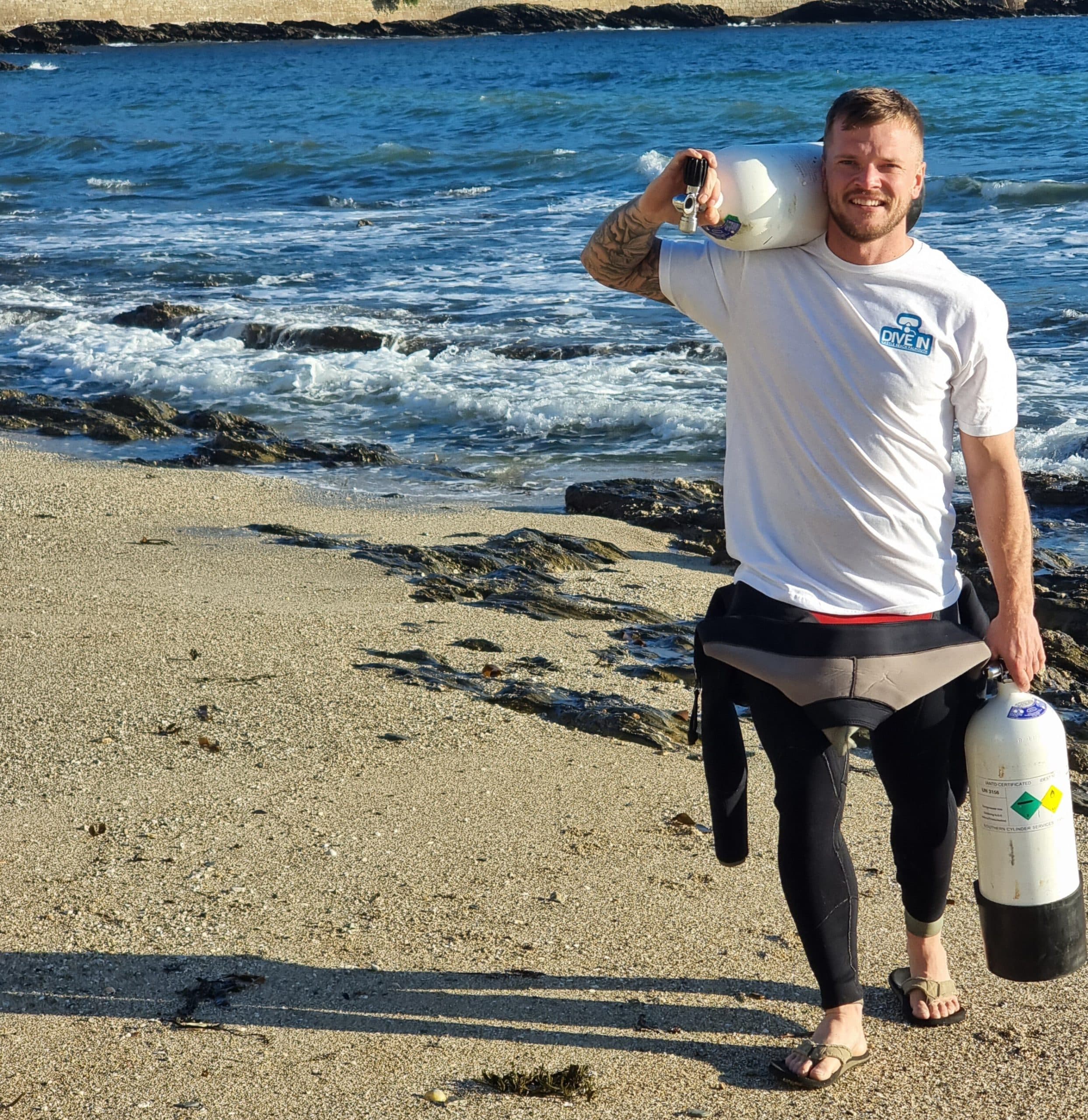
To mark Armed Forces Day on Saturday 24th June 2023, PADI Dive Centre, Dive In Falmouth, is offering serving members of the Armed Forces and a guest the opportunity to enjoy a free guided snorkel around the Falmouth Coast in Cornwall.
Armed Forces Day is an annual event in the UK celebrated to commemorate the service of men and women in the British Armed Forces.
Dan McColl, a 34-year-old Falmouth resident is Lead Instructor and Founder at Dive In Falmouth. Dan is an ex Royal Marine Commando and Royal Naval Mine Clearance Diver with experience in military, commercial and recreational diver.

Dan tells us: “I have always had a passion for the ocean and am equally passionate about supporting the Armed Forces. I wanted to show my gratitude for the men and women that serve this country by giving back with a special underwater adventure this Armed Forces Day.”
Based on Castle Beach in Falmouth, Dan and his team will provide free guided snorkel trips throughout the day. Attendees will have the opportunity to discover the amazing underwater world around the stunning Cornwall coastline and depending on the weather will see incredible marine life ranging from catsharks and cuttlefish to spider crabs, seals, lobsters and lots more.
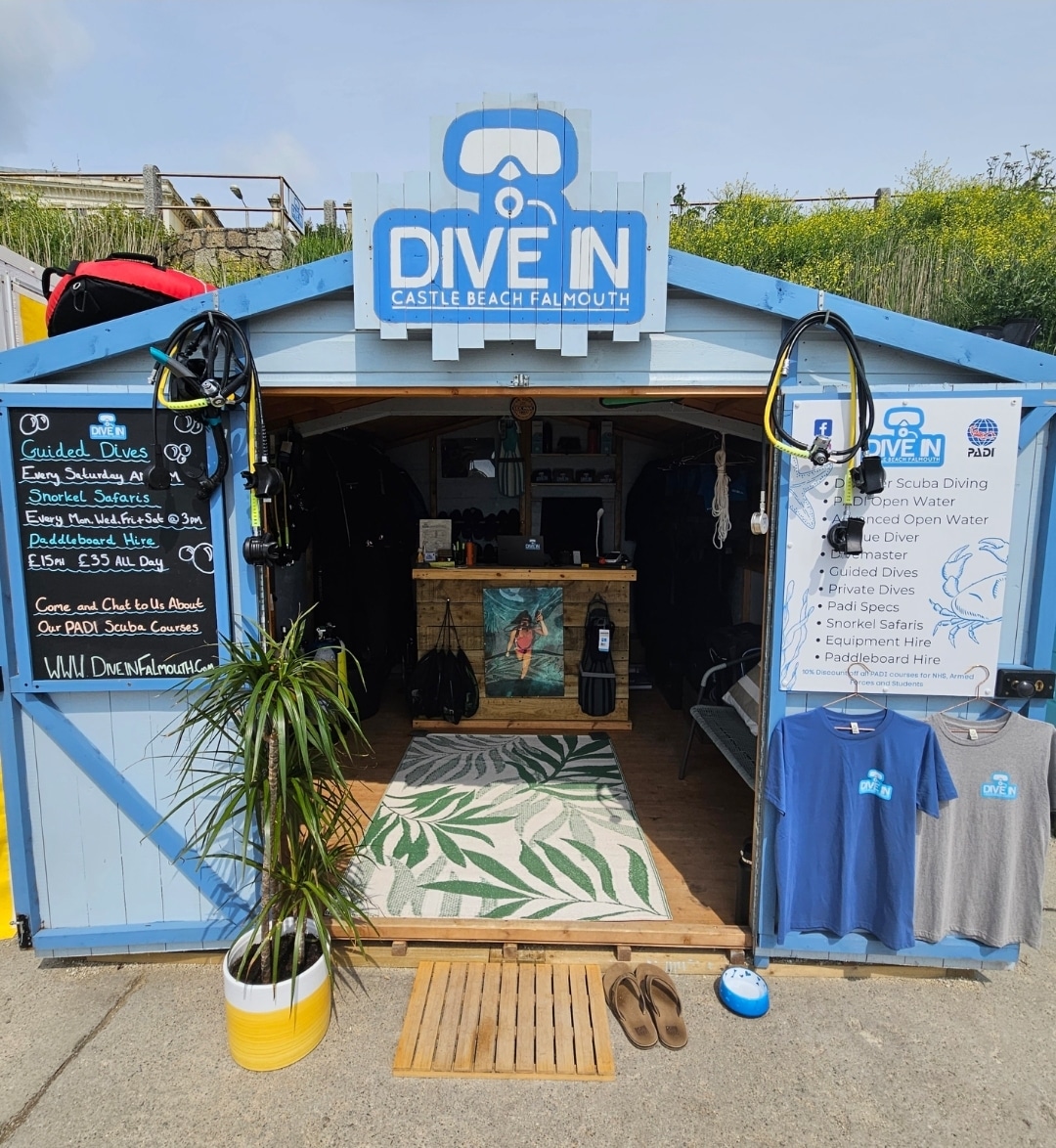
Dive In Falmouth offer a range PADI scuba diving courses from Discover Scuba Diving for complete novices through to Open Water certifications, all the way up to Divemaster.
If you are a serving member of the Armed Forces and would like to join Dan and his team for an exciting snorkelling experience, please email: Contactus@diveinfalmouth.com or call 07361 541119 to secure your space.
PADI Dive Centre, Dive In Falmouth offer a 10% discount on all their PADI courses for students, NHS workers and member of the Armed Forces throughout the year. For more information visit: www.diveinfalmouth.com
Blogs
The Suit Ocean Team leads the Ultimate Curacao Snorkeling Adventure
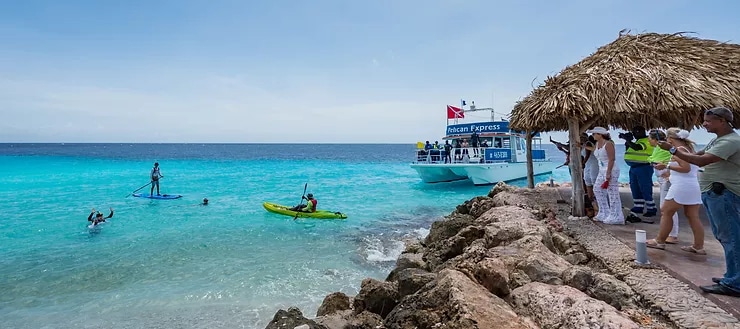
As passionate residents of our Dutch Caribbean Island, we must congratulate The Suit Ocean Team for creating more awareness about the importance of protecting our beautiful fringing reef systems in Curacao.
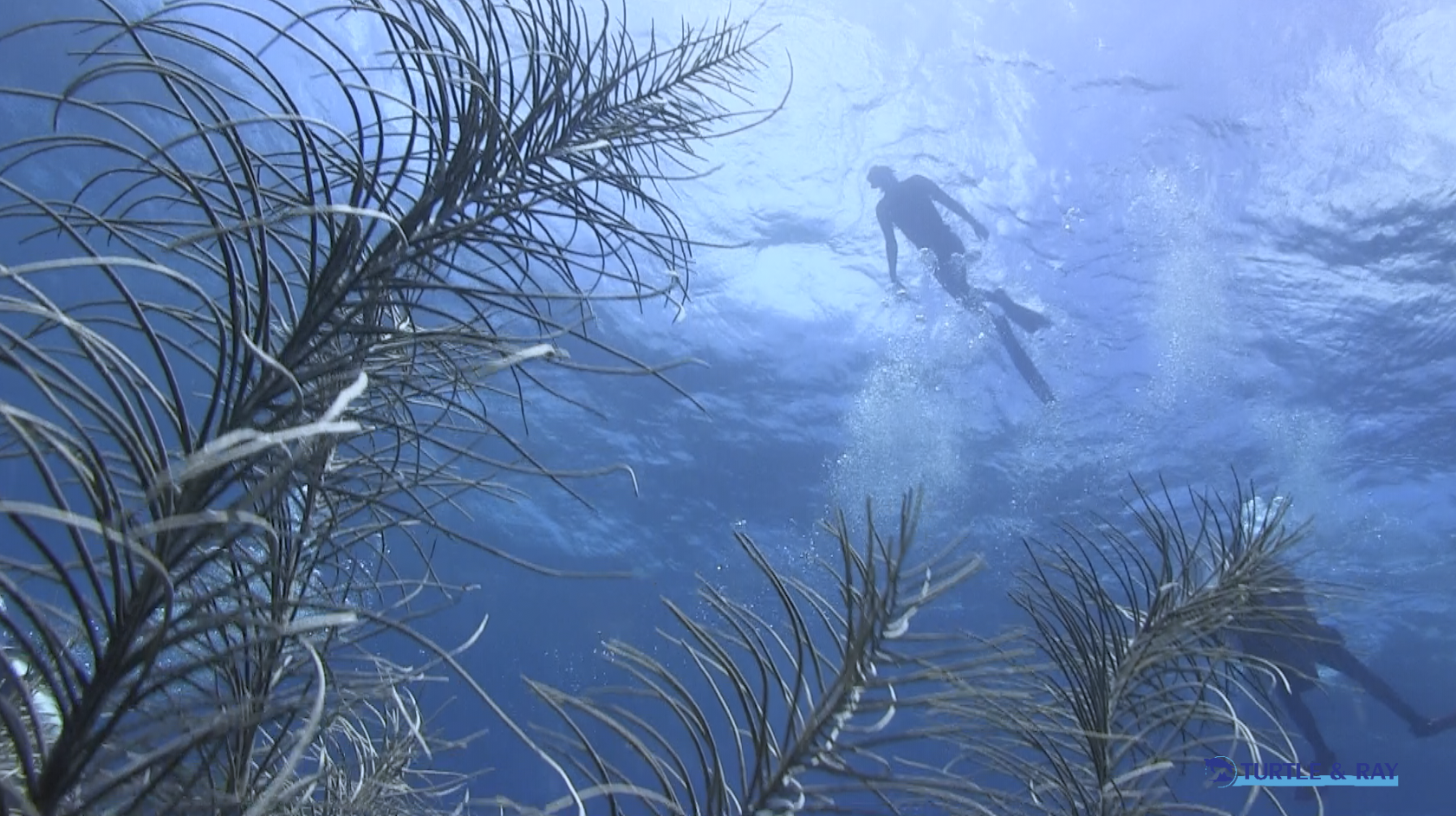
The film, Curacao Underwater Kunuku (Kunuku is Papiamento for Garden), not only documents this ultimate snorkeling adventure showing you how easy it is for everyone to access and enjoy a snorkel or diving experience, but it also showcases the interaction between man and nature, highlighting the beauty of underwater life while promoting conservation, preservation and the need to protect these vital habitats.
These are the key ingredients to this beautiful short film documentary. Watch NOW and please enjoy our “CURACAO UNDERWATER KUNUKU”.
This film, produced by the Lawrence Mensa Foundation (LMF), is also available in multiple languages including: Spanish, Papiamentu, Dutch, Portuguese and German.



